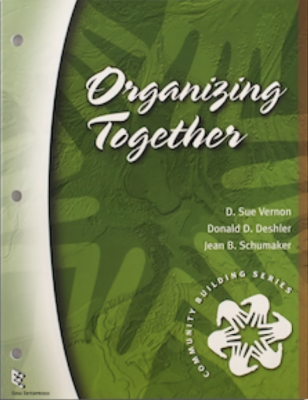Community Building: Organizing Together

Organizing Together enables students to establish order in their daily lives. Students learn how to organize their notebooks, desks, lockers, and backpacks. Plus they learn how to use a weekly calendar to remember assignments and events.
In studies involving 124 students ages 7 to 10 years old, students in the experimental class answered significantly more questions correctly about community concepts, they understood and could more accurately use a weekly calendar, and their notebooks, desks, backpacks and lockers were significantly more organized than those of students in the comparison group. Posttest scores for students in the experimental group were higher than those of students in the comparison group on all measures: desk checklist (experimental: 72 percent; comparison: 41 percent); notebook checklist (experimental: 75 percent; comparison: 0 percent); backpack checklist (experimental: 55 percent; comparison: 43 percent); and calendar checklist (experimental: 85 percent; comparison: 74 percent).
---
This product is available through Edge Enterprises, Inc.
Please note that professional development, coaching, and infrastructure support are essential components to effective implementation of SIM instructional tools and interventions. It is highly recommended that you work with a SIM professional developer. See the SIM Event list for sessions or email simpd@ku.edu to learn more.
---
Author(s):D. Sue Vernon, Donald D. Deshler, and Jean B. Schumaker
Publication Info: Edge Enterprises, Inc.
Resources: